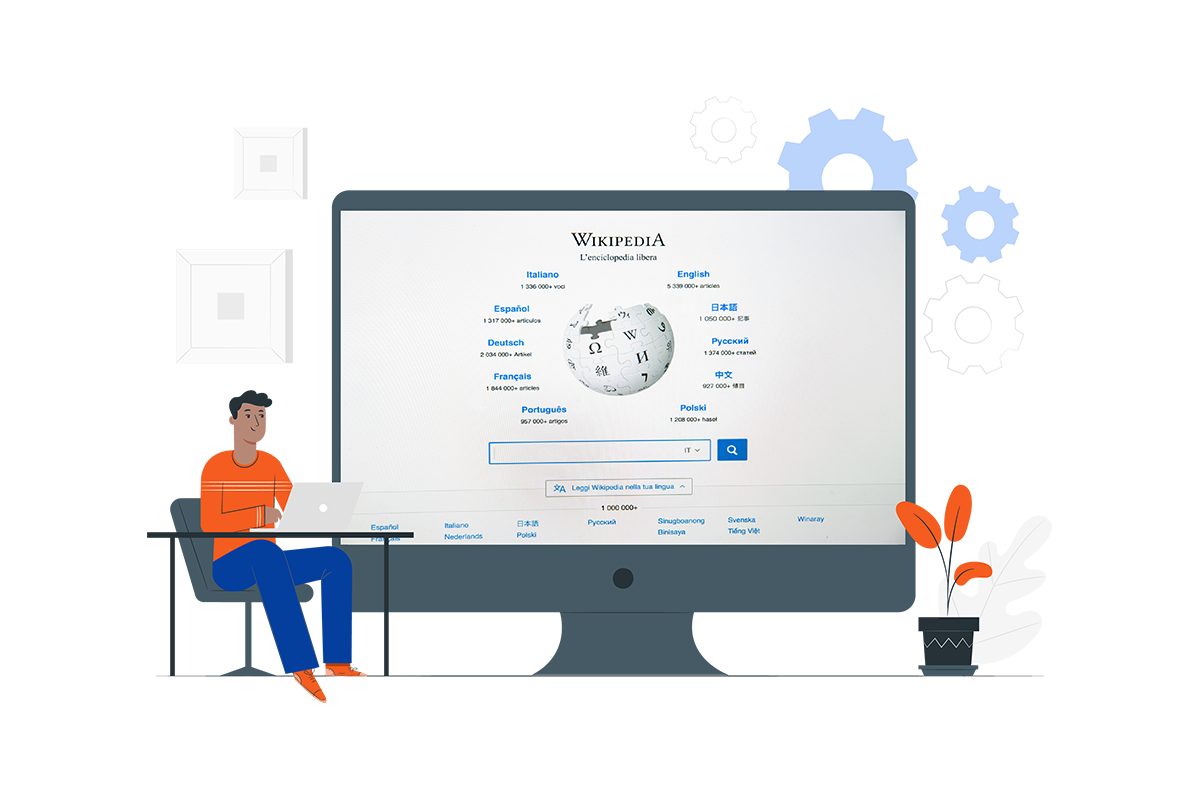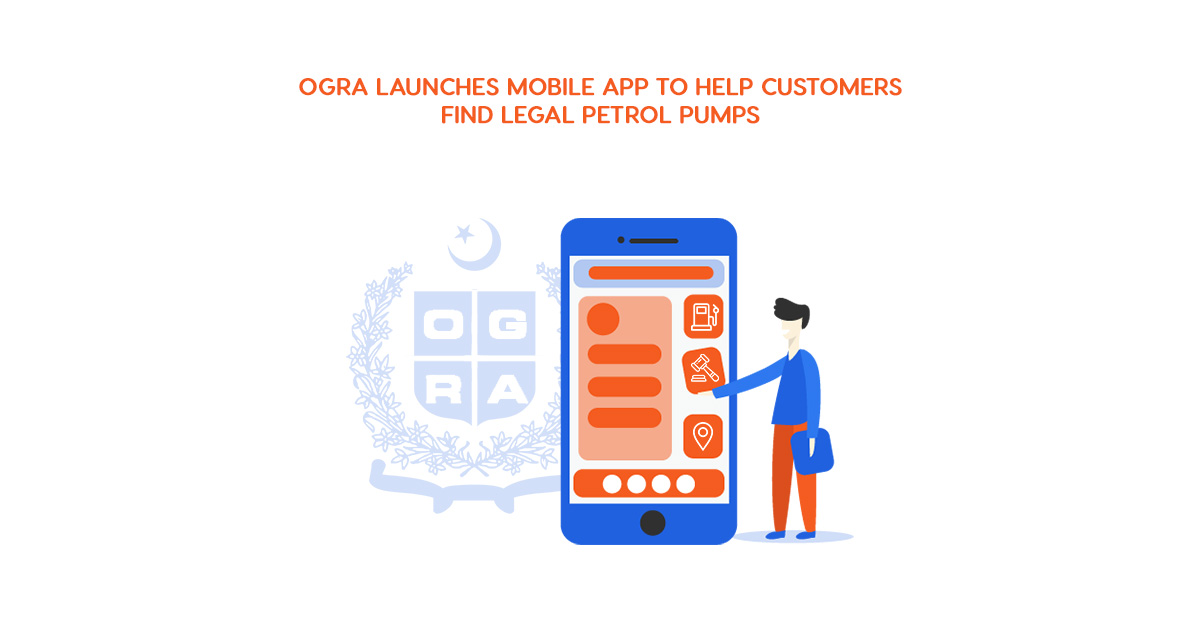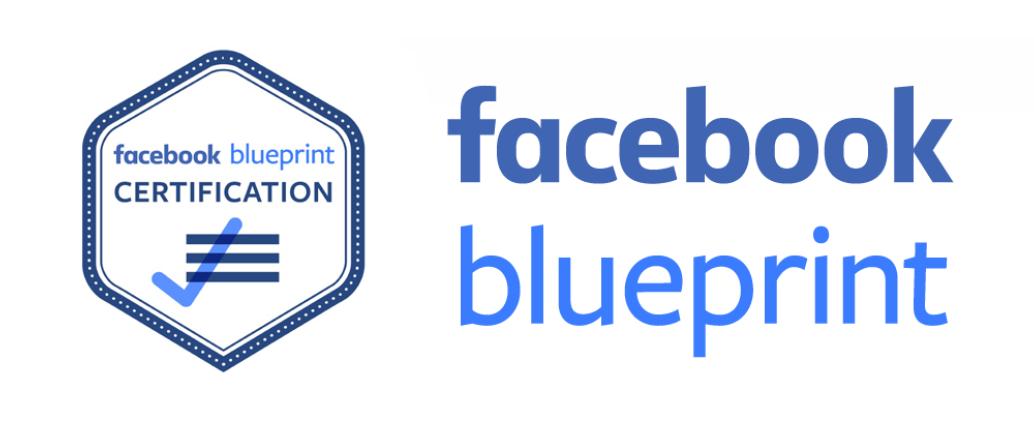The Pakistan Telecommunication Authority (PTA) has warned the online encyclopedia, Wikipedia, to remove what it considers “blasphemous content” from its platform or risk being banned in the country. Blasphemy is a sensitive issue in Pakistan, and the PTA’s warning reflects the government’s efforts to regulate online content and protect religious sentiments. As per the official statement released by the PTA, they had received several complaints from citizens and civil society organizations about the “blasphemous content” on the website.
The exact nature of the “Blasphemous Content” that the PTA is referring to has not been disclosed. However, it is likely to be related to articles or comments that are considered offensive to the Islamic religion, a crime punishable by death in Pakistan.
The PTA’s warning has raised concerns among free speech advocates, who argue that censorship of online content is a violation of fundamental human rights. If it were to be implemented, the ban on Wikipedia would significantly impact the access to information for millions of people in the country who use the platform as a source of information.

[su_icon_text color=”#F35C20″ icon=” icon:eye-slash” icon_color=”#2917ec” icon_size=”40″]PTA’s History of Censorship[/su_icon_text]
The Pakistan Telecommunication Authority (PTA) has a history of censorship in the country, particularly regarding the internet. It has implemented various measures to regulate online content, such as blocking websites and restricting access to specific platforms. This censorship has been justified on the grounds of national security, moral values, and the protection of religious sentiments. However, these actions have been criticized by human rights organizations and freedom of speech advocates for being arbitrary and overreaching. The issue of censorship in Pakistan remains contentious, with ongoing debates over balancing rights and responsibilities in a digital age.
In 2017, the PTA blocked access to YouTube for several weeks after the government accused the website of hosting blasphemous material and not taking action to remove it. Following the uproar, YouTube and PTA eventually reached an agreement, and the website was unblocked.
[su_icon_text color=”#F35C20″ icon=” icon:wikipedia-w” icon_color=”#2917ec” icon_size=”38″]Wikipedia’s Response[/su_icon_text]
In response to the warning, Wikipedia released an official statement saying that they are reviewing all content violating Pakistani laws and taking prompt action to remove it. The statement further said that Wikipedia is committed to working with local authorities and stakeholders to ensure that its platform is used responsibly and in accordance with local laws. Wikipedia has responded to PTA’s warning by stating that it is a neutral platform that operates on the principles of verifiability, no original research, and a neutral point of view. According to Wikipedia, it does not promote or endorse any form of hate speech, including blasphemy.
The platform follows a strict policy of removing content that violates its guidelines, including illegal or potentially harmful content. Wikipedia works with relevant stakeholders, including government bodies, to ensure its content aligns with local laws and regulations. However, the platform does not support censorship and will only remove content that violates its policies, not content deemed offensive by a specific government or group.
Overall Impact
The overall impact of this decision is still unclear, but it could significantly blow internet freedom in the country. This decision could have far-reaching implications, leading to the censorship of content on other websites in the country. This could also lead to a situation where the PTA is given more power to regulate the content on the internet, resulting in a potential violation of freedom of speech. It is yet to be seen how this situation will play out in the coming days and whether the PTA will take further steps to regulate the content available on the internet in the country. Critics of the PTA’s warning argue that it represents an attempt by the government to control the flow of information and restrict access to knowledge. In a digital age where access to information is increasingly important, many believe that censorship of online content is a step backward.
The overall impact is complex and multifaceted. On the one hand, it raises concerns over freedom of speech and access to information, as censorship can limit data availability and restrict the exchange of ideas. On the other hand, some argue that censorship is necessary to protect sensitive religious and cultural values and to maintain social stability. In the case of Wikipedia, the platform’s response of not supporting censorship and only removing content that violates its policies could significantly impact internet freedom in the country. It could also encourage other platforms to resist censorship efforts and stand up for free speech. However, it could also lead to further tension between the government and the platform and result in restricting access to information for users in the country.
The issue highlights the ongoing debate between the right to free speech and the responsibility to regulate harmful or illegal content, especially in the digital age.
Final Words
In conclusion, the PTA’s warning to Wikipedia to remove “blasphemous content” or face a ban in Pakistan highlights online platforms’ challenges in navigating the complex and often conflicting demands of different cultural and religious groups. While the PTA’s efforts to regulate online content and protect religious sentiments are understandable, censorship of online content can have severe consequences for the free flow of information and access to knowledge. It remains to be seen how the situation will unfold, but the issue of censorship and freedom of speech online will continue to be contentious and complex in the years to come.




